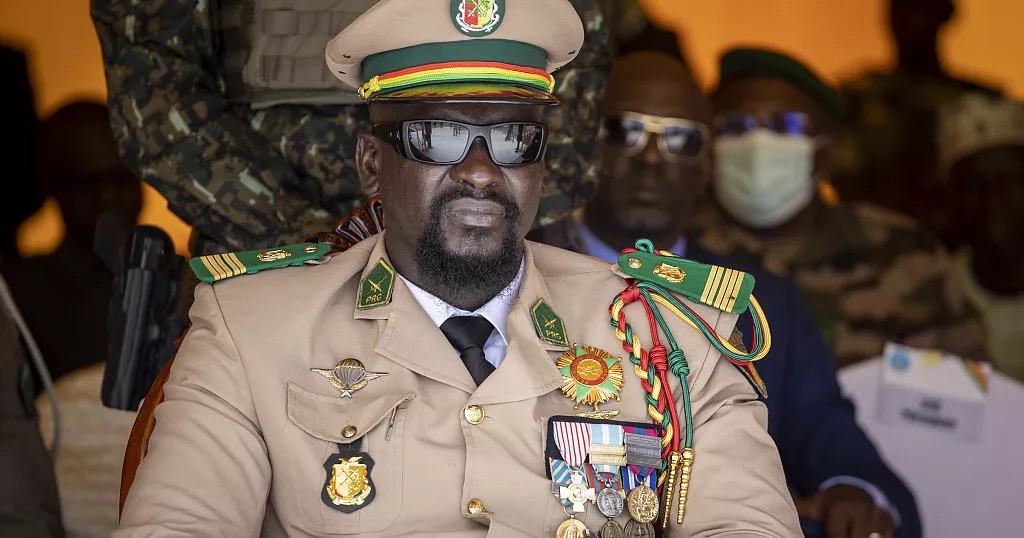
Guinea Junta dissolves 53 political parties and with 54 more ‘Under Observation’
On October 28, 2024, the National Committee of Reconciliation and Development (CRND) announced that it was dissolving 53 political parties and investigating 54 more. This comes from attempts to restructure Guinea’s national political climate. However, this has produced more scrutiny on the junta due to further delays of returning a democratic civilian government.
Guinea’s Ministry of Territorial Administration produced a 180-page report that ordered the dissolution of 53 political parties and a 3-month suspension of 54 more. Lieutenant Colonel Mamady Doumbouya, who led the 2021 coup, had previously pledged to restore civilian rule by the end of 2024 but has since admitted that this will not happen in the near future.
The alleged criteria for dissolution and investigation were non-compliance with legislation. Some examples were parties having no registered national office, no valid licence or valid financial accounts. Anti-junta organisations such as the Rally of the Guinean People (RPG), led by exiled former president Condé, are among the groups being investigated. The CRND claims that Guinea's political scene is too convoluted, with over 180 parties which is hindering effective governance. However, there are allegations that this aims reduce political opposition against the junta. The African Union (AU) and the Economic Community of West African States (ECOWAS) are arguing that this move is an aim to limit Guinea’s political pluralism under the guise of legal restricting.
The Coup
In September 2021, the Guinean military launched a coup aiming to dismantle the government led by then president, Alpha Condé. Widley criticized for corruption and supressing opposition, Condé had amended the constitution to secure himself a third term in 2020. This ultimately led to the military intervention. On September 5, 2021, Colonel Doumbouya announced the dissolution of the government and the formation of the National Committee of Reconciliation and Development. The aims of the CRND were to reinstate the constitution and restore democracy in Guinea.
The AU and ECOWAS condemned the coup and asked for the release of Condé and a swift return to civilian rule. ECOWAS imposed sanctions on CRND leaders and called for elections within six months. The CRND refused stating that Guinea needed more time to stabilise before an election.
International reactions to this latest decree have been strong. ECOWAS, which imposed sanctions following the 2021 coup, expressed concerns over Guinea's prolonged transition period. Guinea-Bissau’s president and ECOWAS chairman, Umaro Sissoco Embaló, has publicly criticized the CRND, urging them to establish a timeline for democratic elections.
Post a comment